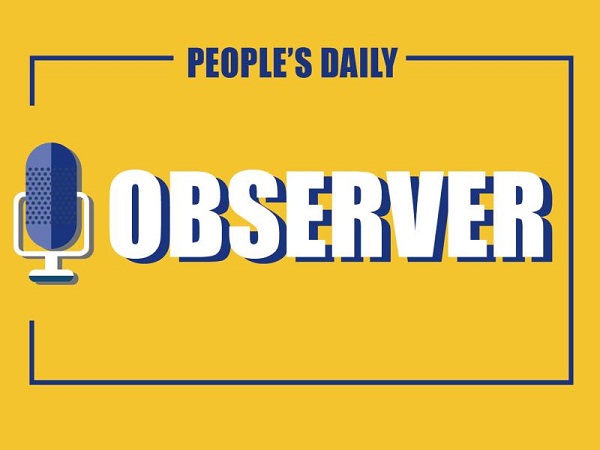
The tension between Iran and the United States has sharply escalated recently following the killing of Qasem Soleimani, commander of the Quds Force of Iran’s Islamic Revolution Guards Corps (IRGC) in an airstrike launched by the US on Jan.3 in Iraq’s capital of Baghdad.
Although the case is unlikely to lead to large-scale military conflicts, the possibility of low-intensity and small-scale direct military conflicts has significantly increased because of it.
Iran will probably take revenge on the US in an effort to safeguard its prestige, dignity, national security, and to win the hearts of its people. Iranian senior officials, including supreme leader Ayatollah Ali Khamenei and President Hassan Rouhani, have vowed “severe revenge” on the US, which has made the US urgently dispatched about 3,000 more soldiers to the Middle East.
The US has “targeted 52 Iranian sites (representing the 52 American hostages taken by Iran many years ago), some at a very high level and important to Iran and the Iranian culture,” US President Donald Trump tweeted on Jan.4.
Based on the strategic intent, military strength, combat capability, and available resources of Iran, it can be deduced that the possible retaliatory measures for the US might involve the following aspects.
Iran might launch direct attacks on major military targets, facilities, and organizations of the US military near Iran. According to credible statistics, there are a total of 34 US military bases near Iran, with most of which being within the range of Iran’s missiles.
Iran might attack US military targets via its supporters. There are a great number of pro-Iran militias in countries including Lebanon, Syria, Iraq, Yemen, and Afghanistan. They are important political and military forces that Iran can count on.
The country might launch strikes against local sites of allies of the US, such as Saudi Arabia, the United Arab Emirates, Israel, and Bahrain. Besides, Iran might attack merchant ships in the Persian Gulf and threaten to close the Strait of Hormuz.
Political actions might be taken by Iran in its revenge on the US as well. Such actions may include pushing Iraqi government into taking actions to drive US troops out of Iraq and carrying out cooperation with Taliban of Afghanistan.
Escalation of conflict between Iran and the US will aggravate regional turbulence and uncertainties in regional development.
The mounting tension between Iran and the US may make Iraq the arena of their conflict, causing the possibility of civil war and proxy war to rise in Iraq dramatically.
Iran-US conflict will worsen the turmoil in Iraq and regional situation, offering great opportunities for the resurgence of extremist forces like Islamic State of Iraq and Syria (ISIS) and al-Qaeda.
The already vulnerable regional situation in Lebanon, Syria, Yemen, Palestine, Israel, and the Persian Gulf may become more volatile because of the rising tension between Iran and the US.
In addition, the escalating conflict between Iran and the US will impact on international oil market, imperiling the supply of petroleum in global energy market.
Trump administration has focused its policy on the Middle East on strategic contraction, trying to avoid bogging further down in the Middle East and the possibility of new war in the region. However, the assassination of Soleimani has caused the possibility of the US’s plunging into new conflicts in the Middle East to soar.
The move of the US military under the order of Trump has been widely criticized both at home and abroad. Many worry that the assassination will intensify regional tensions and lead to unpredictable consequences, while some think the move was not based on sufficient consultation and communication, and will put the US itself and its allies in jeopardy. Also, some people think the assassination may cause the US to be trapped in new wars in the Middle East, thus benefiting its “strategic rivals”.
The significant escalation of Iran-US conflict not only means the US is faced with difficulty in realizing its strategic goal of pulling out from the Middle East as soon as possible, but that Trump didn’t deliver on his election campaign promise to end war in Middle East, which will have a negative effect on his re-election campaign, said observers.
The author, Dr Tang Zhichao, is a senior research fellow and director of the Politics Studies Division, Institute of West Asian and African Studies (IWASS), Chinese Academy of Social Sciences (CASS).


